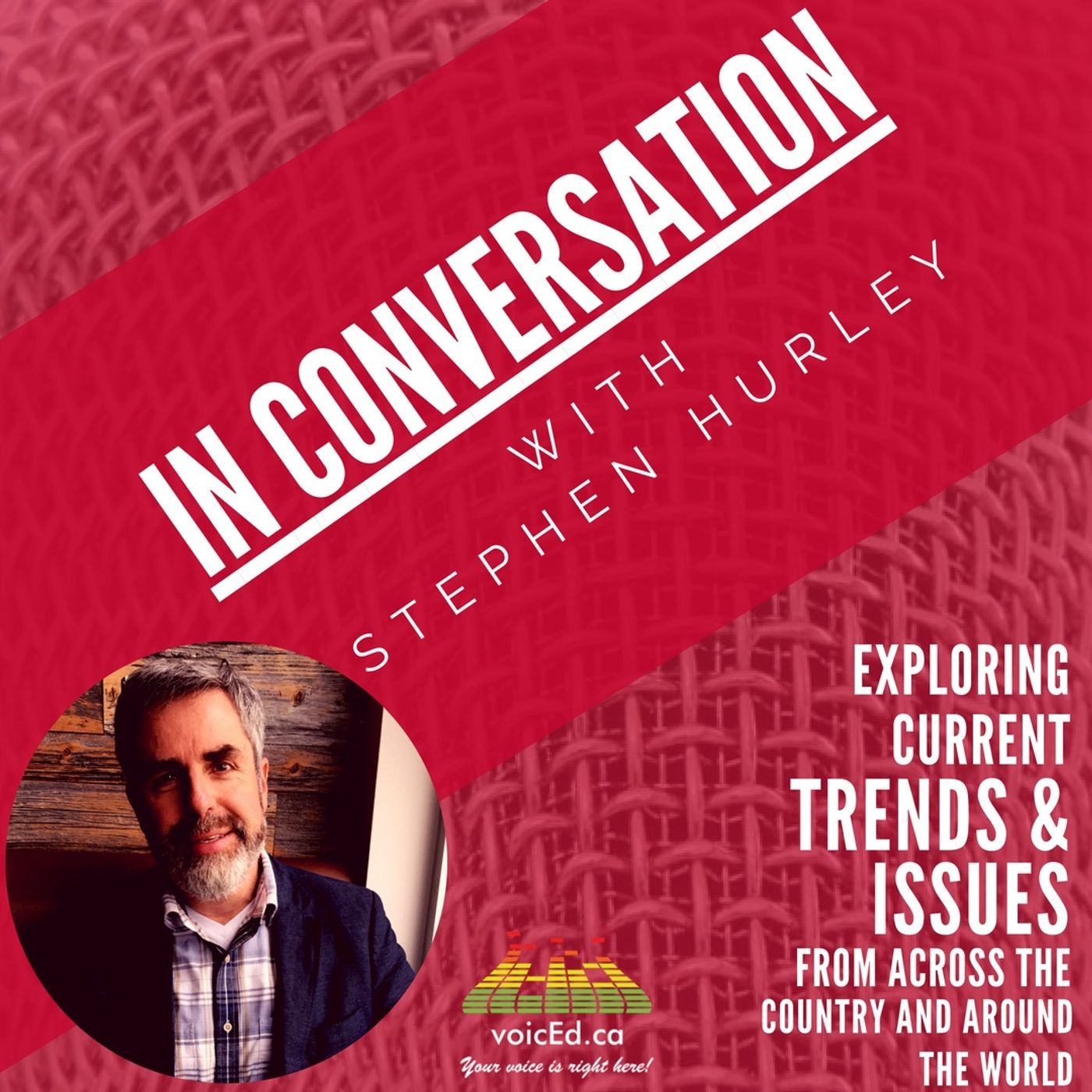May 14 2024 38 mins
An insightful conversation with Dr. Jennifer Tupper and Dr. Jan Hare as they discuss the significant strides and challenges in Indigenous education. This episode sheds light on the transformative potential of integrating Indigenous knowledge and perspectives into mainstream education to foster inclusive and equitable learning environments for all.
Dr. Hare is an Anishinaabe scholar and educator from the M’Chigeeng First Nation, located in northern Ontario. She currently serves as Dean of Education for the Faculty of Education at the University of British Columbia
Dr. Tupper is an award winning scholar and professor of Curriculum Studies. She is currently serving her second term as Dean of the Faculty of Education at the University of Alberta in Treaty 6.
Key Takeaways:
Dr. Hare is an Anishinaabe scholar and educator from the M’Chigeeng First Nation, located in northern Ontario. She currently serves as Dean of Education for the Faculty of Education at the University of British Columbia
Dr. Tupper is an award winning scholar and professor of Curriculum Studies. She is currently serving her second term as Dean of the Faculty of Education at the University of Alberta in Treaty 6.
Key Takeaways:
- Importance of Incorporating Indigenous Knowledge in Education: Both Dr. Jennifer Tupper and Dr. Jan Hare underscore the necessity of integrating Indigenous knowledge and perspectives into undergraduate and graduate education programs. This plays a crucial role in not only increasing the presence of Indigenous educators but also in driving systemic change within the educational landscape.
- Renewing the 2010 Accord to Reflect Modern Contexts: The renewal of the 2010 Accord is essential to support ongoing policy shifts influenced by events such as the Truth and Reconciliation Commission and the incorporation of UNDRIP into provincial legislation. The accord aims to build on foundational work while accommodating the evolving needs and rights of Indigenous communities in education.
- Provincial and Local Implementation for Broader Impact: Provinces like British Columbia are leading the way in implementing Indigenous-focused educational reforms, such as aligning with the UN Declaration of the Rights of Indigenous Peoples. Successful local adaptations include engaging Indigenous communities in curriculum development and integrating principles of learning that reflect Indigenous values and knowledge systems.
